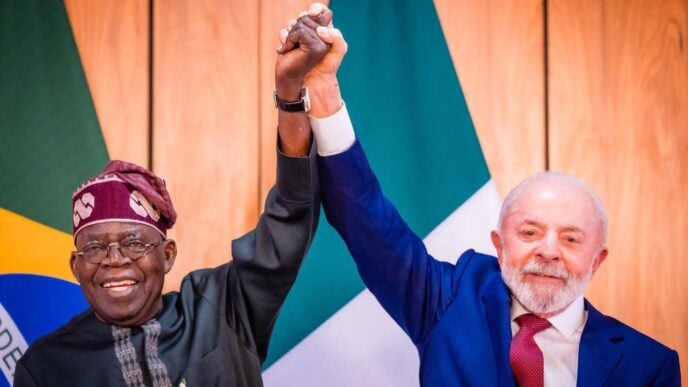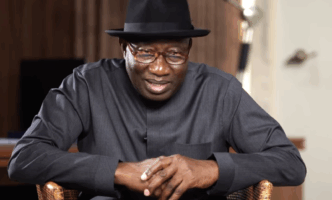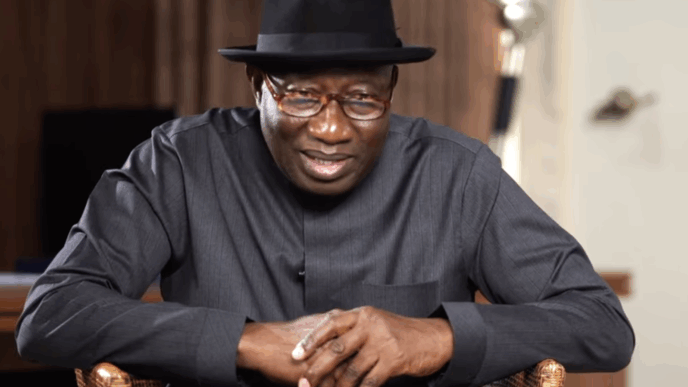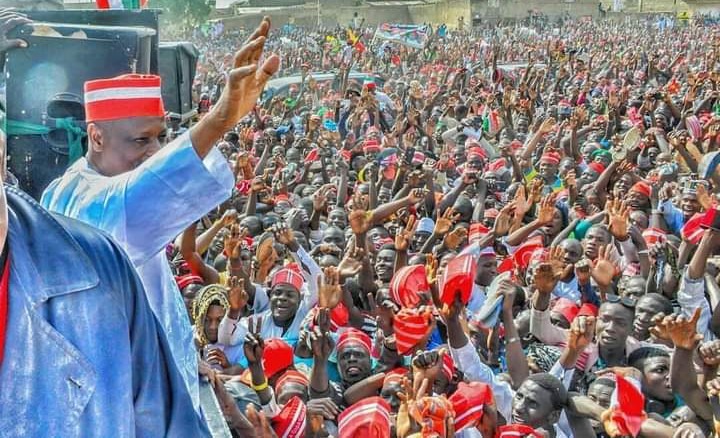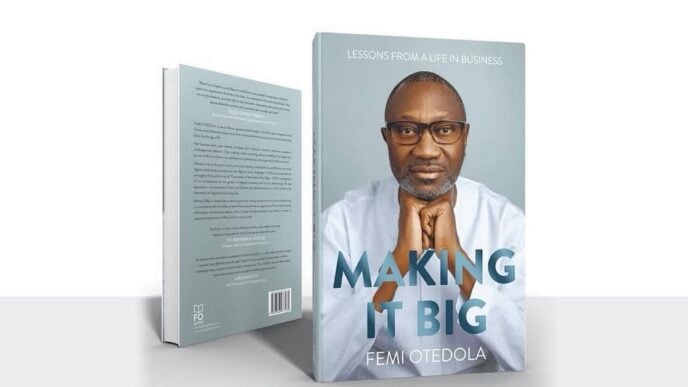The media is often called the Fourth Estate of the realm — a watchdog entrusted with holding power to account. But in Nigeria today, this sacred responsibility is being traded for plaques and photo opportunities. Newspapers and media organisations, rather than scrutinising those in authority, are busy decorating them with awards — often unsolicited and, in many cases, undeserved.
From governors to ministers and even local government chairmen, public officials now flaunt “Best Performing Governor” and “Man of the Year” titles from media houses as proof of excellence. These ceremonies are lavishly reported, complete with full-page adverts and glowing editorials. But behind the pomp lies an uncomfortable question: Why is the press—the conscience of the nation—now validating those it should be interrogating?
Ironically, even politicians have noticed the rot. As reported by TheCable in its October 31, 2020, edition, former Rivers state governor and current FCT minister, Nyesom Wike, once called on media organisations to stop giving awards to politicians, describing the practice as “a shameful commercialisation of journalism.”
“What I have seen of you is that you praise us and give us awards because of relationships or friendships. That’s not the way it should be. Challenge us — the people in authority — and we will sit up to our responsibilities. We will have no choice but to perform and serve the people as it should be. My support for you has to do with the fact that you are supposed to tell the truth of what is happening in Nigeria. There was a time you were exposing the ills of society. If not for you, certain things would not be known. Assume your role, grow strong again and speak out,” Wike said.
Advertisement
When a politician has to remind the press of its ethical boundaries, something is fundamentally broken, and it must be fixed – now! Wike’s warning speaks to a deeper truth: these awards are less about celebrating merit and more about monetising influence.
The Nigerian Union of Journalists (NUJ) Code of Ethics is explicit: journalists must “eschew conflict of interest”. However, what greater conflict exists than a newspaper honouring the same politician it is meant to investigate? How does a media house award a governor today and publish an exposé on his corruption tomorrow? These contradictions compromise credibility and destroy trust.
The Cash-for-Award Syndrome
Advertisement
Let’s be honest: most of these awards are transactional. The sequence is predictable: The media house announces the award. The politician approves pages of congratulatory adverts. The “award night” becomes a PR carnival. The result? A headline that reads like a campaign poster: “Governor X Named Best Performing Governor by XYZ Newspaper.” This is not journalism. It is advertising disguised as honour. And it is ethically indefensible.
Every time a media house stages an award ceremony for politicians, the credibility of the press erodes. Citizens begin to believe that coverage can be bought — because, in truth, it often can. When that trust collapses, democracy suffers. A compromised press cannot speak truth to power. It cannot demand transparency. It cannot protect the public interest because it has sold its voice for a plaque and a few adverts.
The reason is painfully simple: money. With dwindling circulation and the disruption of digital media, many newspapers are financially vulnerable. Awards have become a revenue stream. But this short-term gain comes at a long-term cost: for every “Man of the Year” handed to a governor, public trust in journalism takes a fatal hit.
The Way Forward: Reinvent Revenue, Not Integrity
Advertisement
When most media houses gave out these awards, they used the money realised to pay salary backlogs of staff. From research done by this author, the best they can pay is two months’ salaries, and the cycle continues. The truth is, media organisations must look for more ingenious and sustainable ways to fund their operations rather than selling awards to politicians.
As done in the US, UK and other developed nations, possible alternatives to generating revenues without going cap in hand to these public officials include digital subscriptions and paywalls for premium investigative reporting, data-driven advertising that leverages audience insights without ethical compromise and specialised content products, such as sectoral reports and fact-checking services.
A friend of mine suggested a bailout from the government to media houses due to the precarious economic situation in the country. Other ways are soliciting grants from international donors, appealing for funds from the public in order to continue churning out public-interest and exclusive reports, and organising public-interest events, like policy dialogues or citizen forums, instead of political vanity fairs. Also, a massive drive for advertisements from reputable blue-chip companies will go a long way in making media houses meet their financial obligations.
Truth is, integrity must never be sacrificed for income. Newspapers can innovate their way out of financial pressure — but they cannot rebuild public trust once it is gone.
Advertisement
The media’s role is not to decorate politicians. It is to hold them to account. As Wike rightly said, this culture of awards is shameful. If politicians themselves are embarrassed by the press, we should all be alarmed. Journalism must reclaim its mission before it becomes completely indistinguishable from political PR.
Akinsuyi, former group politics editor of the Daily Independent, writes from Abuja. He can be reached at [email protected]
Advertisement
Views expressed by contributors are strictly personal and not of TheCable.




